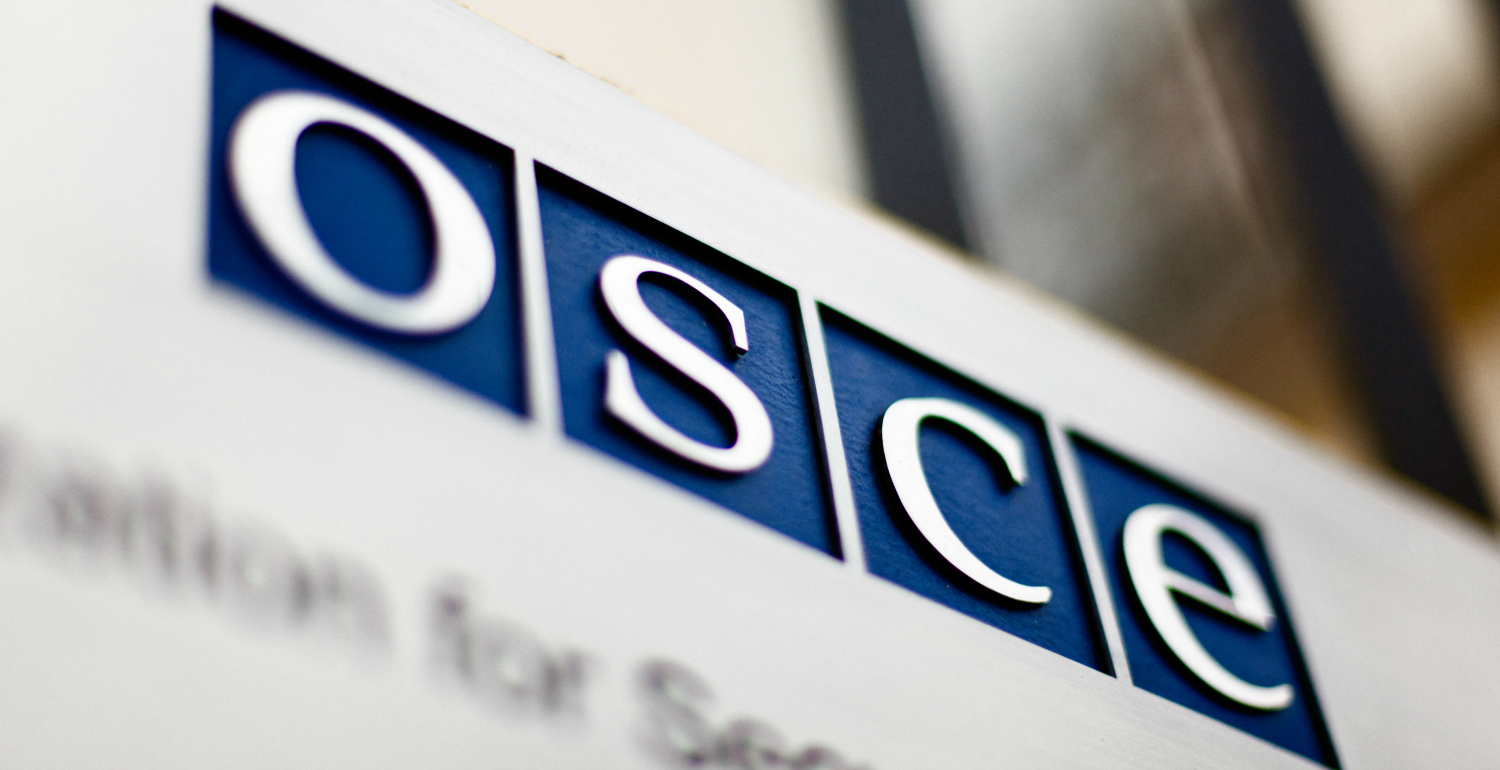This two day briefing was a response to legislation that called for the CSCE to conduct an analysis of the OSCE’s strengths and weaknesses and to ascertain the feasibility of creating similar institutions in other geographic regions. The briefing was divided into six panels. This third section, entitled “Africa: Conflict, Compromise, and Managing Chaos”, was moderated by Ambassador Chester Crocker, former Secretary of State for Africa.
Here, panelists identified corruption, weak governance, and ethnic strife as key challenges that could be addressed by an OSCE-like organization. Gabriel Negatu, director of the Federation of African Voluntary Development Organizations, stressed that African governments have to strike a balance between human rights concerns, economic development, and stability. He noted, however, that NGOs had largely been shut out of the multilateral problem solving process.
Panelists envisaged a greater role for NGOs, civil society, and business associations in the problem solving process. One suggestion included persuading companies doing business in Africa to develop a code of conduct in conjunction with such organizations as the Africa Business Council.






